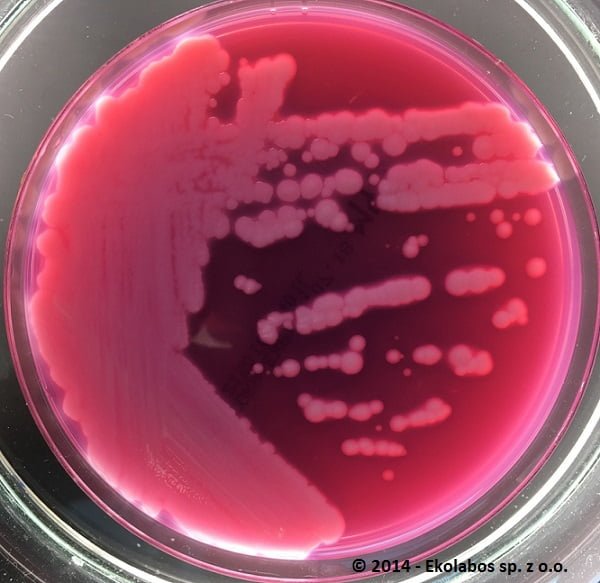
Bacillus cereus is an increasingly common cause of food poisoning.
Bacillus cereus is a Gram-positive rod capable of producing spores so that it can thrive at both high and low temperatures. The natural habitat of these bacteria is the soil. From there, they can spread as primary or secondary contaminants into the raw materials of plants or animals which are used for food production. It was diagnosed as the cause of food poisoning in the 1950s.
The pathogenicity of this bacterium is related to the production of numerous enzymes and toxins that promote their adhesion to the epithelial cells of the small intestine and to proliferate. This species is capable of producing the two main toxins responsible for food poisoning among people: enterotoxin, which causes diarrhoea, and emetic toxin, which causes emesis.
Previous techniques for isolating these bacteria were based on biochemical reactions, including haemolytic ability and morphology of typical colonies, followed by a series of confirmatory tests. The main problem in identification was the low selectivity of microbiological mediums. The use of MYP (Mannitol Egg Yolk Polymyxin Agar) medium allows rapid identification of this species. Its ability to produce phospholipase C and the lack of ability to decompose mannitol contained in the medium are used. The characteristic colonies are light pink in color and are surrounded by a precipitation zone, causing the naturally cloudy medium to brighten. In Poland, these bacteria are ranked sixth in terms of causing food poisoning, but interest in this species is related to its increasingly frequent isolation from food products. The most common products from which Bacillus cereus can be isolated are meat dishes, soups, sauces and, above all, cooked or fried rice.
For the offer of food testing for Bacillus cereus and other bacteria, feel free to contact Customer Service at: +48 22 379 25 20 or via e-mail: biuro@ekolabos.pl
